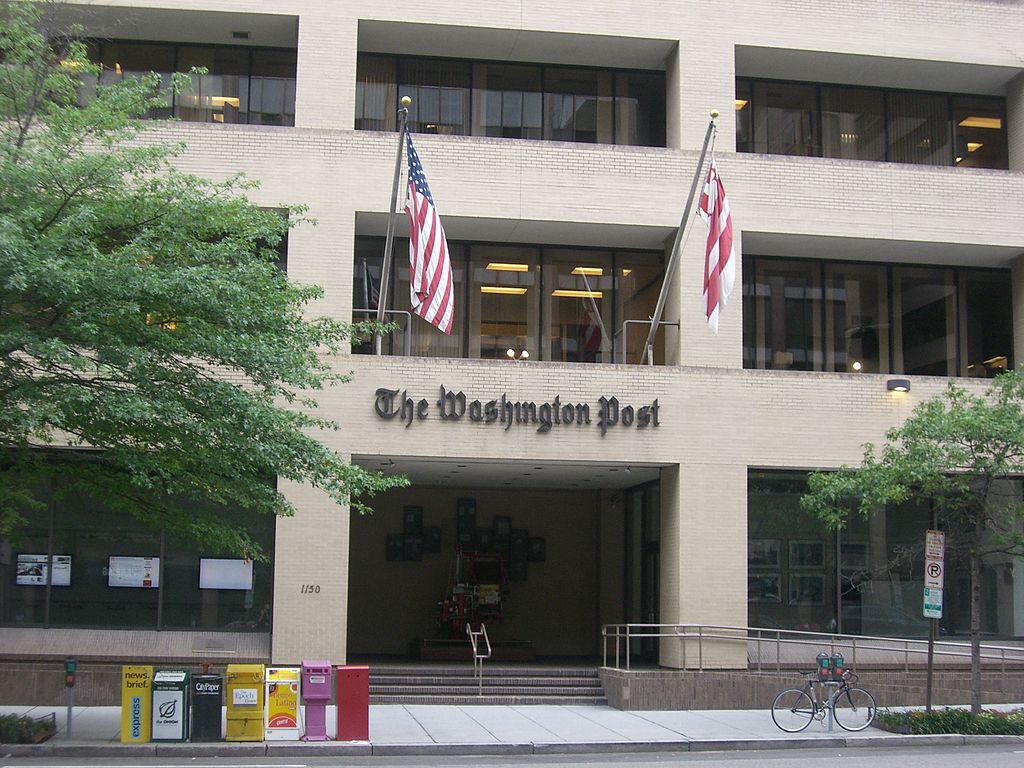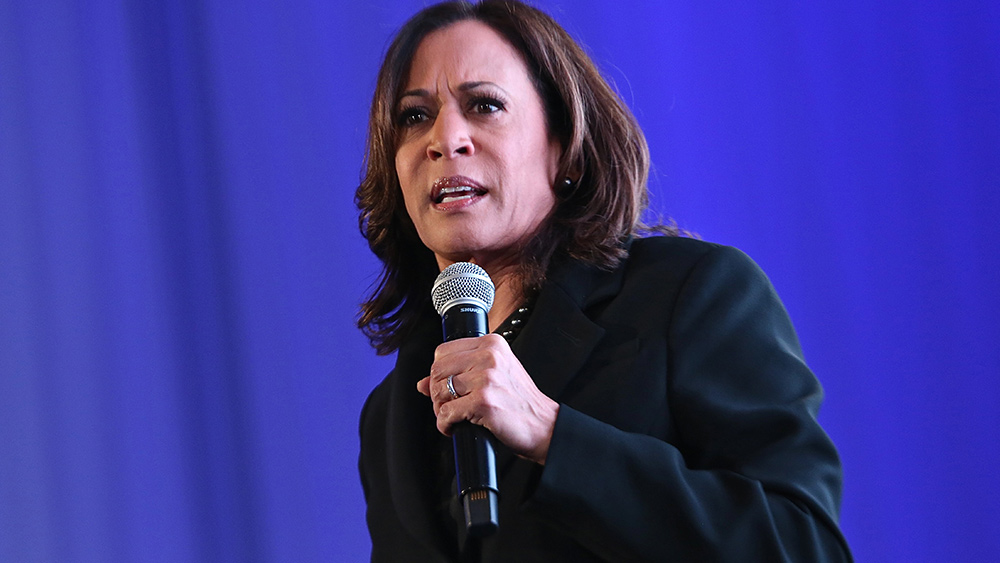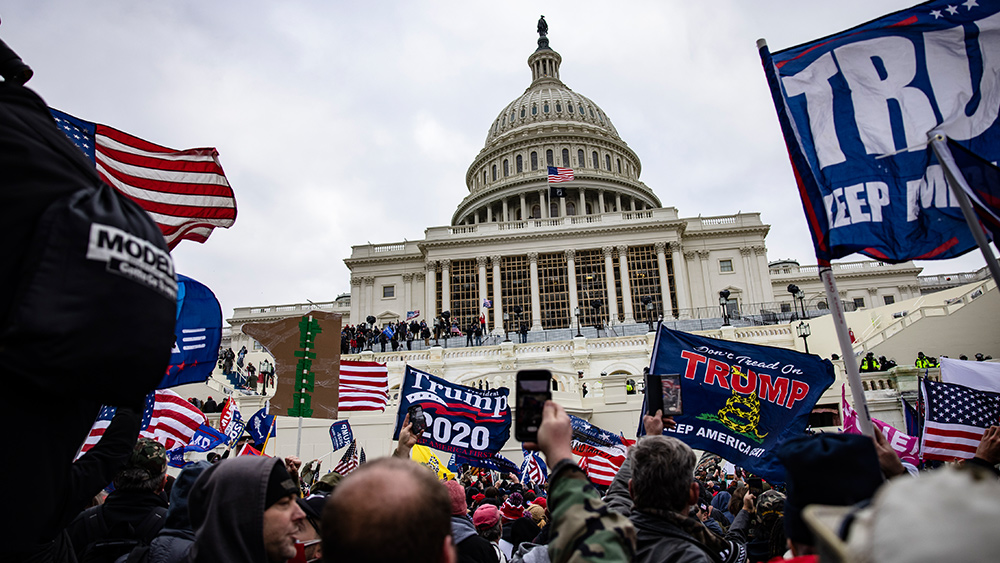
Not long ago, President Donald Trump signed the Paycheck Protection Program Flexibility Act into law, which eases some of the policies of the Paycheck Protection Program under the coronavirus relief bill. The overhaul comes as a relief for small businesses, as many are still trying to claw their way out of the economic crisis from the Wuhan coronavirus (COVID-19).
In particular, the new law allows business owners who received a forgivable loan under the Paycheck Protection Program (PPP) more time and flexibility to spend those funds.
“The President’s signing of the Paycheck Protection Program Flexibility Act of 2020 into law is welcome news for small businesses across our nation,” said Kevin Kuhlman, vice president of government relations for the National Federation of Independent Businesses.
New rules allow more wiggle room for businesses
The Paycheck Protection Program Flexibility Act updates the requirements to convert loans from the relief bill into a federal grant.
Current rules require business owners to spend their loans within eight weeks – with 75 percent directed toward payroll costs – to get loan forgiveness. The new law extends the spending period to 24 weeks from eight weeks and also lowers the allocation for payroll costs to 60 percent. It also extends the deadline to rehire laid-off or furloughed workers from June 30 to December 31, 2020.
For many, the law couldn’t have come sooner enough. According to an NFIB survey, more than 60 percent of borrowers are poised to extinguish their funding by the end of June. Existing state or city orders also complicate their recovery. Most businesses are reopening at a reduced capacity, as they comply with social distancing measures in place; others may not even be able to reopen by the end of the spending period.
“People thought two months was probably going to be enough to get it done,” said Paul Becht, a partner at accounting firm Margolin, Winer & Evens. “It turned out, it’s not.”
The deadline for new loan applications, however, remains unchanged at June 30. As of Thursday, the Small Business Administration, the lead agency for the lending program, said that it had doled out over 4.5 million PPP loans worth $510.8 billion and that more than $120 billion in funding is still available.
Coronavirus relief package has burned $1.2 trillion in aid
The loan fix is the latest measure from the government to keep the economic impact of the coronavirus to a minimum. On March 26, Congress approved the country’s largest-ever relief package – which directs as much as $1.2 trillion in aid, including forgivable business loans, expanded unemployment benefits and even direct cash payments for households, hospitals, cities and states. In April, the government injected $484 billion into the package to help small businesses and hospitals.
Nearly three months after, the government has disbursed around $1.12 trillion in direct aid, says a Wall Street Journal report. Economists say that passing the stimulus has provided a sufficient buffer for industries, many of which are still reeling from the coronavirus.
“In terms of the core assistance to households and businesses, we’re already past the peak,” Ernie Tedeschi, an economist with Evercore ISI, told the Wall Street Journal. “We’re getting most of the benefit from that stimulus right now.”
To date, Congress has already passed four emergency bills that will allocate $3.3 trillion in new spending and tax breaks. The new cash infusions will also include provisions to make coronavirus testing free, increase statewide healthcare funding, and subsidize paid sick leaves for workers that get infected with the virus. The bills will also provide more funding to the Department of Health and Human Services for developing treatments for COVID-19, as well as support Federal Reserve emergency lending programs. (Related: U.S. government poised to approve more coronavirus bailout money … Will the money printing madness ever end?)
While more legislation is needed to keep the U.S. afloat in the middle of the pandemic, White House officials are looking to pause further spending, saying that the government whether the existing measures work. Some of the president’s advisors are worried that another round of fresh funds for coronavirus relief may harm the economy in the long run.
“You can make a pretty strong case that before we rush out and do another spending bill we actually let some of this stuff go to work and understand the consequences of what we’ve already done,” explained Pennsylvania Sen. Pat Toomey in a Senate hearing last month.
To stimulate economic growth, the White House is focusing its efforts to reopen the economy, as well as offer tax breaks and incentives. White House officials, including National Economic Council Director Larry Kudlow and economic adviser Kevin Hasset, is set to meet with Trump to discuss options for another legislative package. In an interview with CNN on May 24, Hasset said that by the fall, “all the signs of economic recovery are going to be raging everywhere.”
Small businesses are victims of the economic fallout
For many small business owners, any sign of an economic recovery happening soon is unlikely. The coronavirus relief package initially came with a $349 billion provision that was made to help small businesses – those with 500 employees or fewer – keep their employees on their payroll and off unemployment. But it also came with many hoops, most of which would need a person to have knowledge on how to navigate the banking system, or even be computer savvy. This has particularly hurt small businesses, as well as those owned by people of color, according to a ProPublica Report.
Many large corporations like Potbelly and Ruth’s Chris Steak House also signed up for the program and walked away with tens of millions of dollars. Shake Shack, which has 189 outlets and more than 8,000 employees across the country, returned the money after public backlash. The Treasury Department ruled last month that companies that have access to other forms of capital did not qualify for PPP loans and asked these to return the money.
The SBA, for its part, admitted that more established businesses were able to get the loans because they “knew how to work the system.” This puts brick-and-mortar stores at a disadvantage since they also lack the resources to tap into that capital.
“We are the advocate for the underdog, the smaller business that doesn’t know that these resources are available, we are doing the best we can, we only have 14 on our staff,” noted Charles Abell, an SBA spokesman for its Houston district office. Abell also added that his district oversees around 600,000 small businesses in Southeast Texas, or one employee for over 42,000 businesses.
All told, this means that nearly 7.5 million small businesses across the country will permanently shutter over the next five months, according to a survey by think tank Main Street America.
“It’s a ripple effect, small-business owners generate revenue for the state, employ others in their community who utilize that money to put food on their table,” explained Janie Barrera of LiftFund, a Texas financial institution working with local governments in the state. “When forced to close their doors for health and security reasons, that economic activity is paused or lost.”
Pandemic.news has more on the coronavirus outbreak.
Sources include:
Please contact us for more information.





















